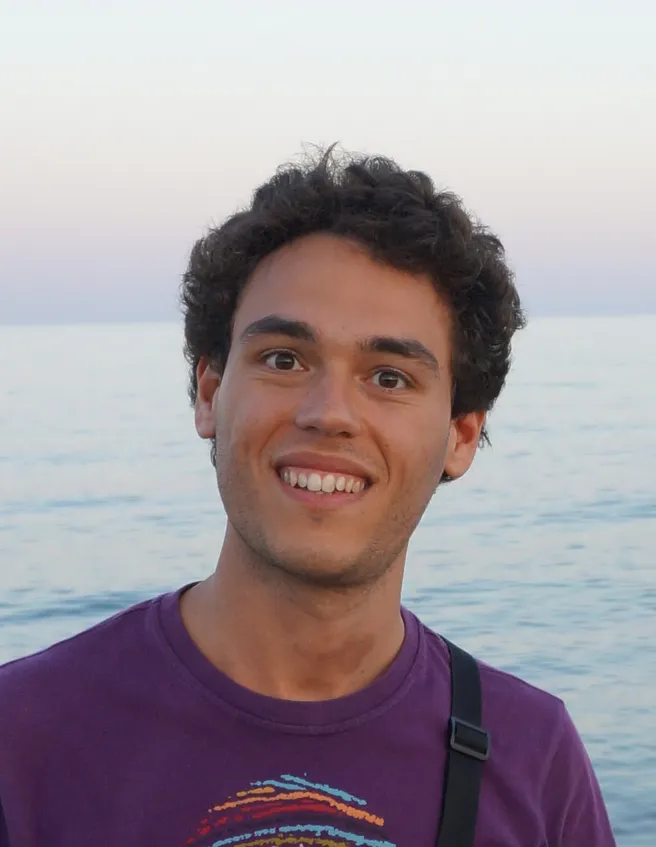Unified Scaling of Polar Codes: Error Exponent, Scaling Exponent, Moderate Deviations, and Error Floors
Marco Mondelli
École Polytechnique Fédérale de Lausanne, Switzerland
Abstract:
Consider transmission of a polar code of block length N and rate R over a binary memoryless symmetric channel W with capacity I(W) and Bhattacharyya parameter Z(W) and let $P_e$ be the error probability under successive cancellation decoding. Recall that in the error exponent regime, the channel W and R<I(W) are fixed, while $P_e$ scales roughly as $2^{-\sqrt{N}}$. In the scaling exponent regime, the channel W and $P_e$ are fixed, while the gap to capacity I(W)-R scales as $N^{-1/\mu}$, with $3.579 \le \mu \le 5.702$ for any W.
We develop a unified framework to characterize the relationship between R, N, $P_e$, and W. First, we provide the tighter upper bound $\mu \le 4.714$, valid for any W. Furthermore, when W is a binary erasure channel, we obtain an upper bound approaching very closely the value which was previously derived in a heuristic manner. Secondly, we consider a moderate deviations regime and we study how fast both the gap to capacity I(W)-R and the error probability $P_e$ simultaneously go to 0 as N goes large. Thirdly, we prove that polar codes are not affected by error floors. To do so, we fix a polar code of block length N and rate R, we let the channel W vary, and we show that $P_e$ scales roughly as $Z(W)^{\sqrt{N}}$.
Joint work with S. Hamed Hassani and Ruediger Urbanke. [http://arxiv.org/abs/1501.02444]
Biography:
Marco Mondelli received the B.S. and M.S. degree in Telecommunications Engineering from the University of Pisa, Italy, in 2010 and 2012, respectively. During the period 2007-2012, he was also enrolled at the Sant'Anna School of Advanced Studies. He was an intern at the École Normale Supérieure de Cachan in 2010 and at the Georgia Institute of Technology in 2012. Since September 2012, he has been working towards his Ph.D. degree in Computer, Communication and Information Sciences at the École Polytechnique Fédérale de Lausanne, Switzerland, where he is supervised by Prof. Rüdiger Urbanke. His current research interests include wireless communications, network information theory and coding, with particular emphasis on polar codes.
